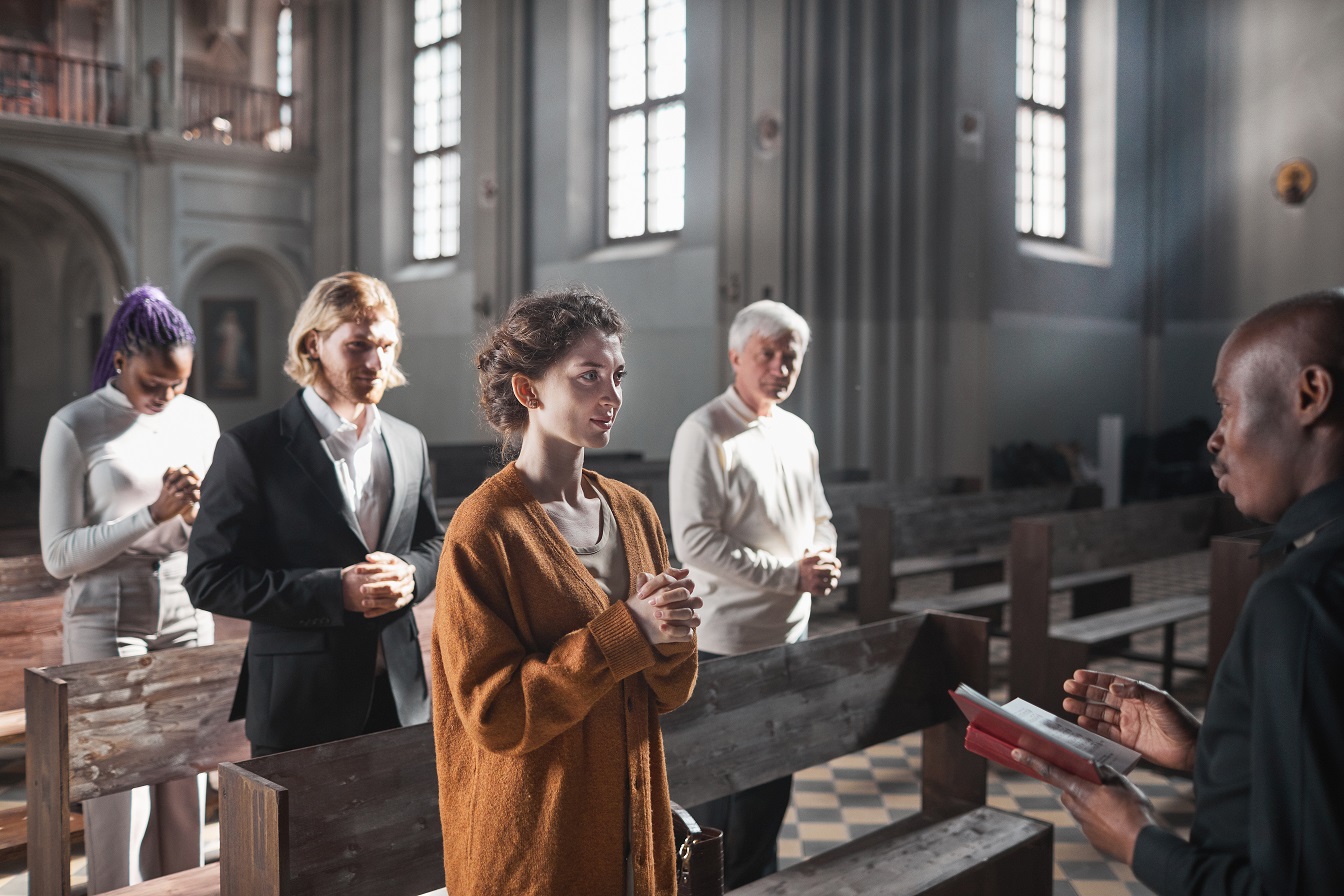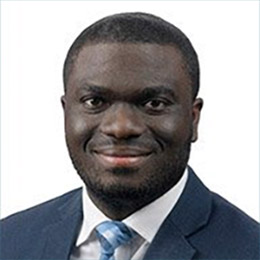Seventh-day Adventist Church. A cumbersome name for a movement that is very simple.
We are a worldwide Protestant free church with a fairly long history. We have officially existed in Germany since 1876. We follow the Reformation principle of "sola scriptura" - that is, the Bible alone is the guideline for our faith. The Bible not only provides information about events that took place thousands of years ago, but also contains a lot of references to things to come.
In addition to the Bible as a basis, what defines us is the celebration of the weekly day of rest on Saturday - the Sabbath. And that instead of babies, we baptize adults who have come to terms with the Christian faith and then made an independent decision to say yes to God.

About Freiburg International SDA Church
The Freiburg Adventist Church is a congregation of the Seventh-day Adventist Church in Baden-Württemberg. In everything we do, we want to accompany one another, grow together in faith, learn from one another and be a spiritual home for young and old. We recognize the Bible alone as the guideline of our faith and view the 28 fundamental beliefs as teachings of the Holy Scriptures.
Meet Our Leadership

Albert Owusu Ansah
Senior Pastor
- Phone:+1 (859) 254-6589
- Email:info@example.com

Albert Owusu Ansah
Senior Pastor
- Phone:+1 (859) 254-6589
- Email:info@example.com

Albert Owusu Ansah
Senior Pastor
- Phone:+1 (859) 254-6589
- Email:info@example.com

Albert Owusu Ansah
Senior Pastor
- Phone:+1 (859) 254-6589
- Email:info@example.com

Our Faith In A Nutshell
The best news for the world, a day's holiday every week and a book that contains all the important answers - doesn't that sound good? Find out what we believe in and where we come from.

Frequently Asked Questions
What can I expect in the Adventist Church? Why do Adventists regularly meet on the Sabbath? Can I come to church even if I have doubts?
Our Story
The feature film “Tell the World” tells the touching story of a small group in the northeastern United States that eventually becomes the Seventh-day Adventist Church.
Beginnings and growth of a global movement
1839
The farmer and Baptist lay preacher William Miller (1782-1849) met the social reformer and pastor Joshua V. Himes (1805-1895) in Boston; they became the most influential leaders of the interdenominational “Advent movement”. Due to intensive Bible study (especially the prophetic statements), Miller had become convinced that the end of the world was imminent.
1840-1844
The “Miller Movement” includes an estimated 100,000 people who expect Jesus’ visible return in the very near future. Up to 2,000 pastors from various denominations preach about the imminent Advent and the “signs of the times” that herald this event.
22/10/1844
After the “great disappointment,” the movement split into several groups, from which new denominations soon emerged. One of these small groups later developed into the worldwide Seventh-day Adventist Church, which now has over 15 million baptized members.
AD 1848
James White, Joseph Bates, Hiram Edson – the later founders of the Seventh-day Adventists – and others formed a new community whose most striking feature was the celebration of the seventh day of the week (“Sabbath”). At their center was the prophetically gifted Ellen G. White (1827-1915), who became the most influential person in Adventism.
1860-1863
Naming and founding of the “Seventh-day Adventist Church”.
1874-1876
John N. Andrews (1829-1883) comes to Europe. In Switzerland, he and the preacher Jakob Erzberger (1843-1920) found the first Adventist mission outside North America. In Wuppertal-Vohwinkel they meet the “Baptized Christian Community” of the weaver Johann Lindermann, whose members form the first Adventist churches in Germany (Vohwinkel and Solingen).
1888
During the “General Conference” in Minneapolis, theological disputes arise that lead to a new emphasis on personal faith in “Christ – our righteousness”.
1889
Ludwig Richard Conradi (1856-1939) begins the German Adventist mission from Hamburg. Thanks to his visionary foresight, his organizational skills, and his rhetorical and literary talent, the Free Church spread throughout much of Europe by the time of the First World War, as well as the Middle East, various regions of Africa (especially the former German East Africa), South America, and Asia.
1899
Opening of the Friedensau Mission and Industrial School; in 1990 it received state recognition as a theological college.
1920
Opening of the Waldfriede hospital with nursing school in Berlin-Zehlendorf.
1952
Recognition as a “corporation under public law” in Germany.
1980
Reformulation of 27 “beliefs” during the Adventist World Synod in Dallas; in 2005 a 28th article of faith was added.






